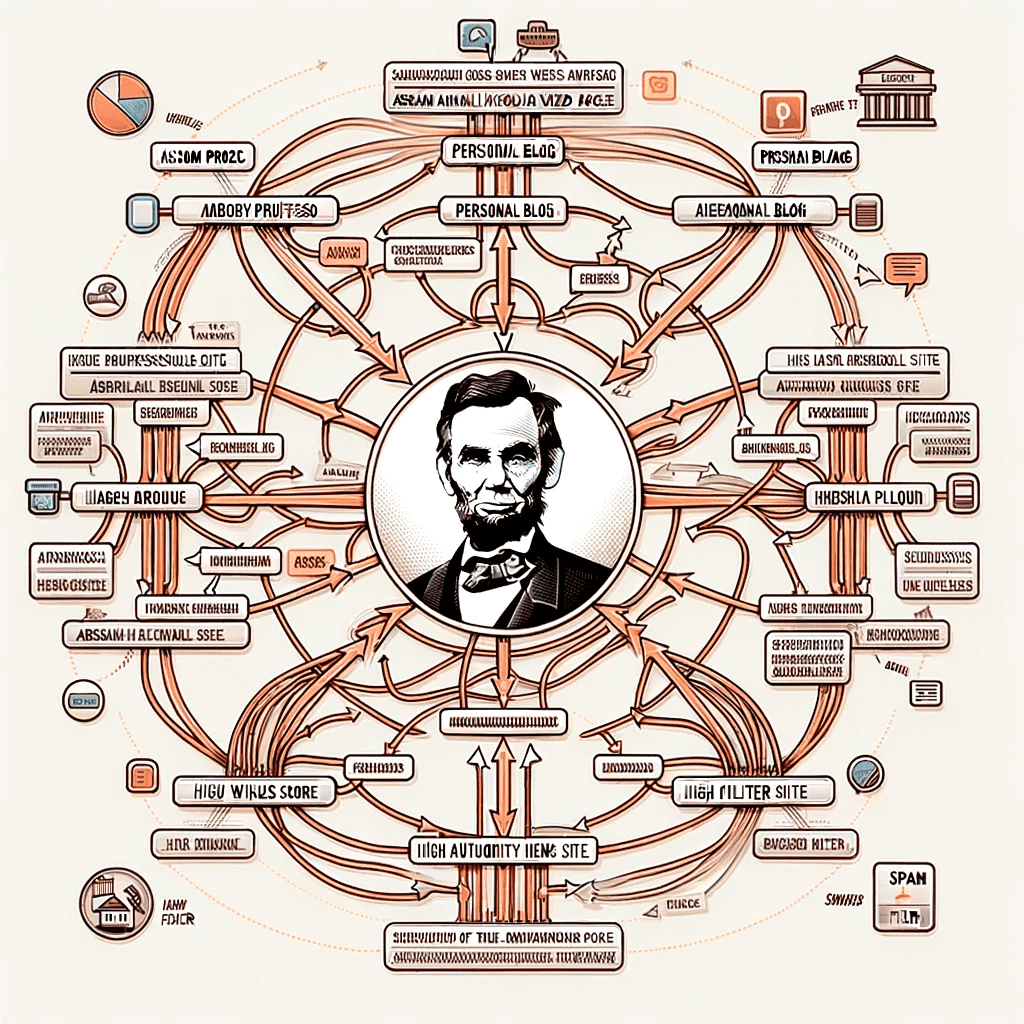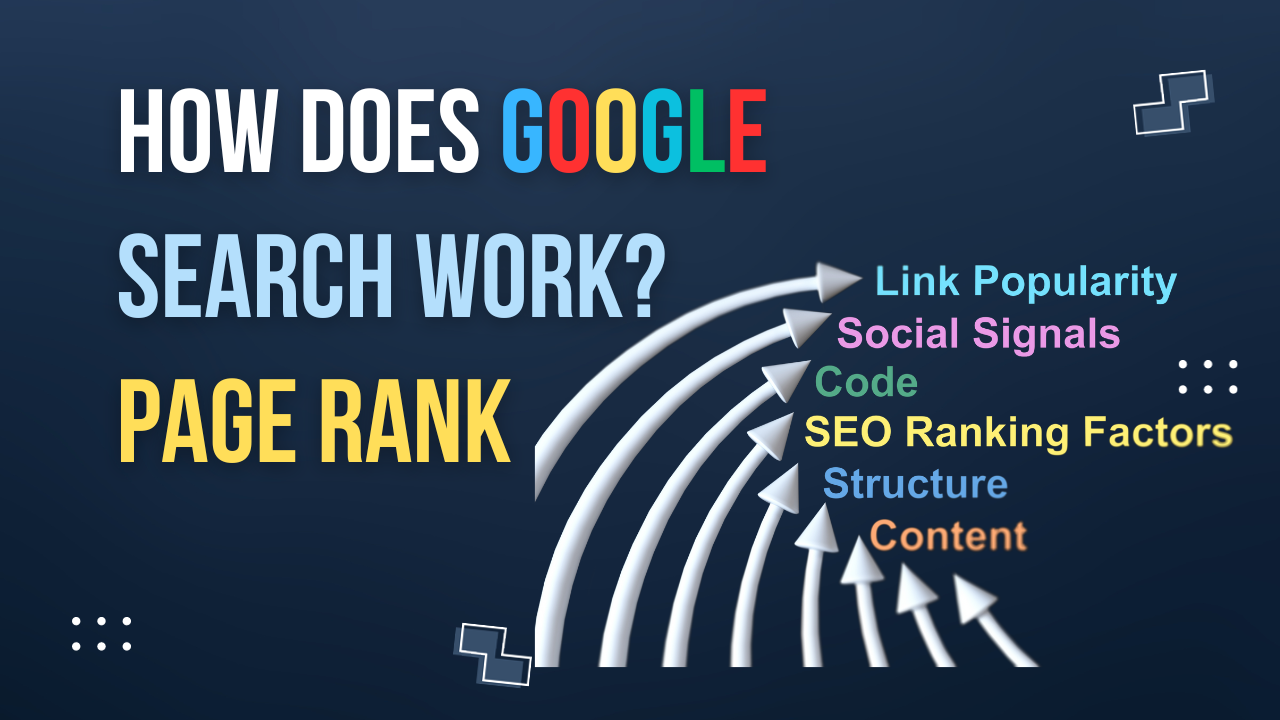Table of Contents
PageRank – The Secret to Popular Elections
Google’s search engine revolutionized the way we find information online, and one of the key technologies behind this revolution is the PageRank algorithm. Developed by Google co-founders Larry Page and Sergey Brin while they were at Stanford University, PageRank measures the importance of web pages in a way that goes beyond just counting keywords. If you’ve read our previous article, “Let’s Find Out Easily (Part 1- About Crawling),” you already have some background knowledge that will make this topic even more enlightening. Now, let’s dive deep into what makes PageRank the secret sauce in Google’s search algorithm.
1. Measuring Votes: A New Paradigm in Search Algorithms

Imagine if web pages were candidates in an election. In a traditional election, the candidate with the most votes wins. PageRank essentially serves as an electoral system for web pages. Unlike the straightforward counting of votes in a political election, PageRank assigns different ‘weights’ to different votes (links), depending on the authority of the webpage casting the vote. This algorithmic approach enables Google to present you with the most relevant and authoritative web pages in response to your search query.
2. See Who Voted: The Importance of Quality over Quantity

Just as not all votes are equal in political elections—consider the influence of a highly respected community leader endorsing a candidate—so too are all links not equal in the PageRank system. If your web page about Abraham Lincoln is linked to by a history professor’s blog, that link would carry more weight in the PageRank algorithm than a link from a random personal blog.
This is precisely where the genius of PageRank lies. By examining who is ‘endorsing’ a web page through links, the algorithm can make a more accurate judgment about the page’s actual importance and relevance. It doesn’t just look at the number of links but also evaluates the quality of these links. This quality is determined by the PageRank of the linking page itself, creating a recursive, self-reinforcing system.
3. Analyzing Voting Results: How PageRank Determines Search Rank

Once the ‘votes’ are in, it’s time to analyze them. PageRank employs complex algorithms and linear algebra to calculate the importance of a page. This is similar to political analysts using data models to predict election outcomes based on various factors like demographic information, past voting patterns, and more.
But PageRank doesn’t work in isolation. Google’s search algorithm is a multifaceted beast, taking into account various other factors such as the timeliness of content, the searcher’s location, and even the device being used for the search. So when you search for “football,” the algorithm understands the context based on your location and shows results related to either American football or soccer, depending on where you are in the world.
Beyond PageRank
In recent years, Google has incorporated numerous other factors into its ranking algorithm, including user behavior data, site speed, and mobile-friendliness, among others. Nevertheless, PageRank remains a foundational element in determining which pages appear in your search results.
Conclusion
Understanding PageRank demystifies a crucial part of what makes Google’s search engine so effective and revolutionary. It allows the search engine to assess the ‘popularity’ and authority of web pages in a way that is both nuanced and highly effective. By considering both the quantity and quality of links, Google can provide more relevant and useful results to users, maintaining its position as the king of search engines.
And there you have it—a deep dive into the PageRank algorithm, the technology that revolutionized the way we search for information online. We’ve come a long way from the days when search engines merely counted keywords to rank web pages. In a world flooded with information, PageRank provides an invaluable tool for sifting through the noise to find the gold.



